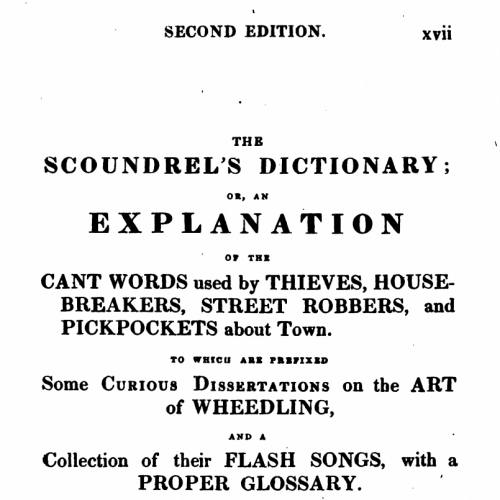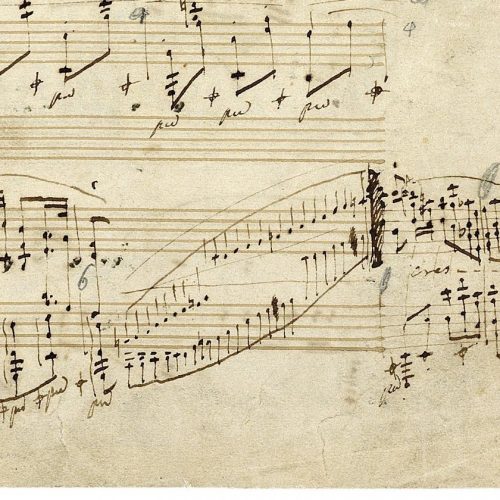The freedom of thought and speech arising from, and privileged by, our constitution, gives a force and poignancy to the expressions of our common people, not to be found under arbitrary governments where the ebullitions of vulgar wit are checked by the fear of the bastinado, or of a lodging during pleasure in some gaol or castle.
Gang Gang Dance – “Nomad For Love (Cannibal)”
God’s Money
The last “song” (more a movement) on this album, sandwiched between two scary and beautiful instrumental pieces. God’s Money is utterly insane all the way through, and definitely better than their poppier follow-up, Saint Dymphna (excluding that album’s opening one-two). It lives in the same totally self-contained world of early Espers, Oval, Charalambides, and other bands that created a world of their own for the space of an entire album or more. The cover art is fantastic as well.
Horner: Nay, madam, rather than they shall prejudice your honour, I’ll prejudice theirs; and, to serve you, I’ll lie with ‘em all, make the secret their own, and then they’ll keep it. I am a Machiavel in love, madam.
Lady Fidget: Oh, no, sir, not that way.
Horner: Nay, the devil take me, if censorious women are to be silenced any other way.
Vocabulary: Epic Bale Edition
drugget: a coarse, shabby fabric of cotton or wool (from the French drogue, trash)
murrain: a plague, especially among cattle (from the French moraine, pestilence)
gymnosophist: one of a sect of Indian ascetics who refused themselves clothes
prorogue: to postpone, discontinue, or suspend a legal or legislative meeting
cruet: one or more small bottles or containers for oil, vinegar, salt, etc
fadge: to agree or succeed; or, a bale of wool under 100kg
epopee: an epic poem, or epic poetry in general
spilth: something that was spilled (clearly)
nanger: apparently a type of gazelle?
tomrig: a wild girl or tomboy
fumid: smoky or vaporous
froppish: testy or contrary
diffide: to act distrustfully
peckled: speckled
End of Chopin’s original of the Polonaise in A flat (Op. 53) (I love how he extended the bars)
Chopin – Piano Sonata No.2 (Op. 35) (Grave – Doppio movimento)
Another beautiful, breezy, endlessly surprising piano piece. I don’t know who’s playing, but from the powerful expression I’d guess it’s Horowitz. The variability seems almost improvisational, but it rewards repeated listening with wonderful motifs. But listening too closely to Chopin is like studying butterflies.
For, impartially speaking, the French are as much better critics than the English, as they are worse poets. Thus we generally allow that they better understand the management of a war than our islanders; but we know we are superior to them in the day of battle. They value themselves on their generals, we on our soldiers. But this is not the proper place to decide that question, if they make it one.




